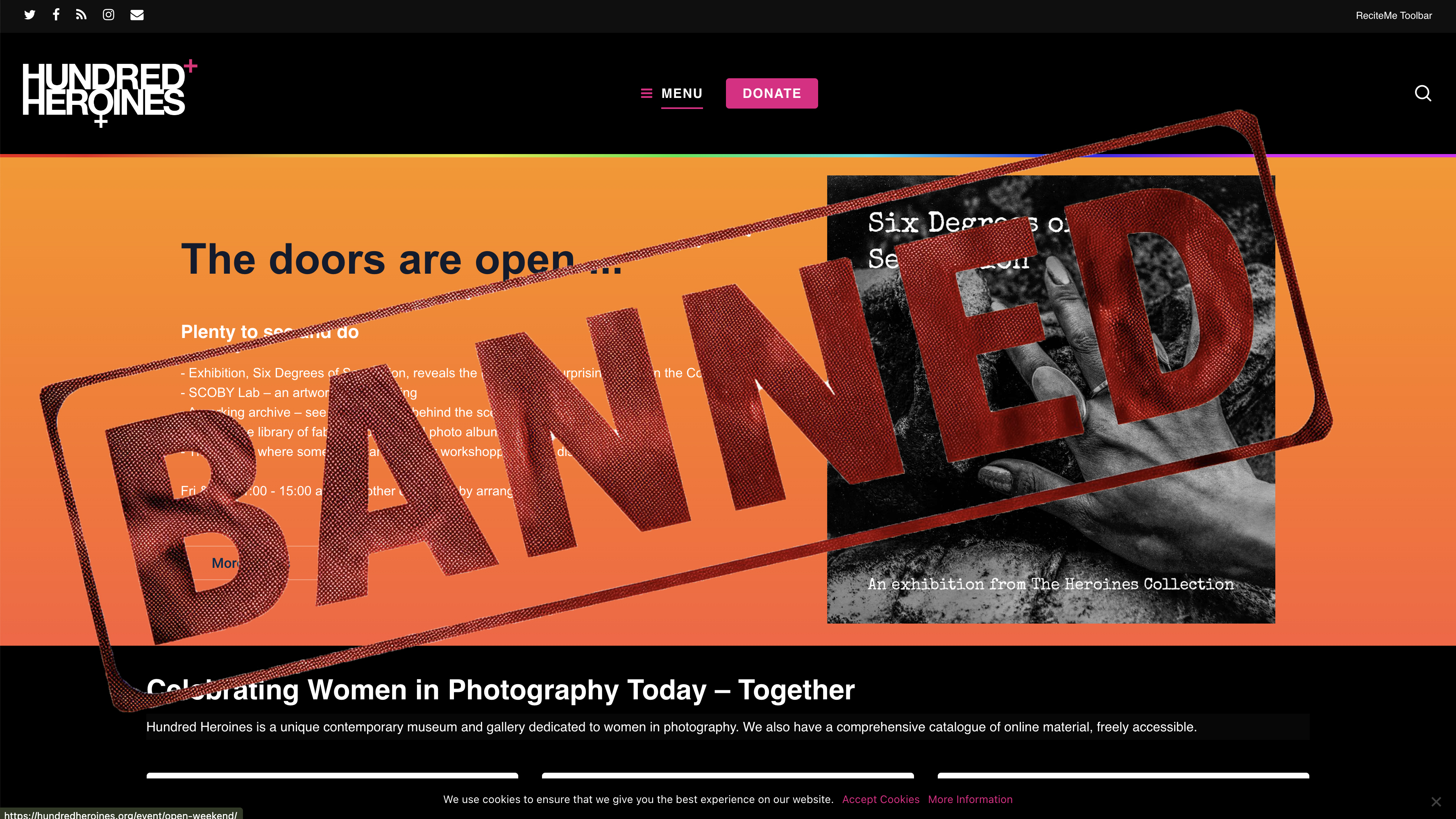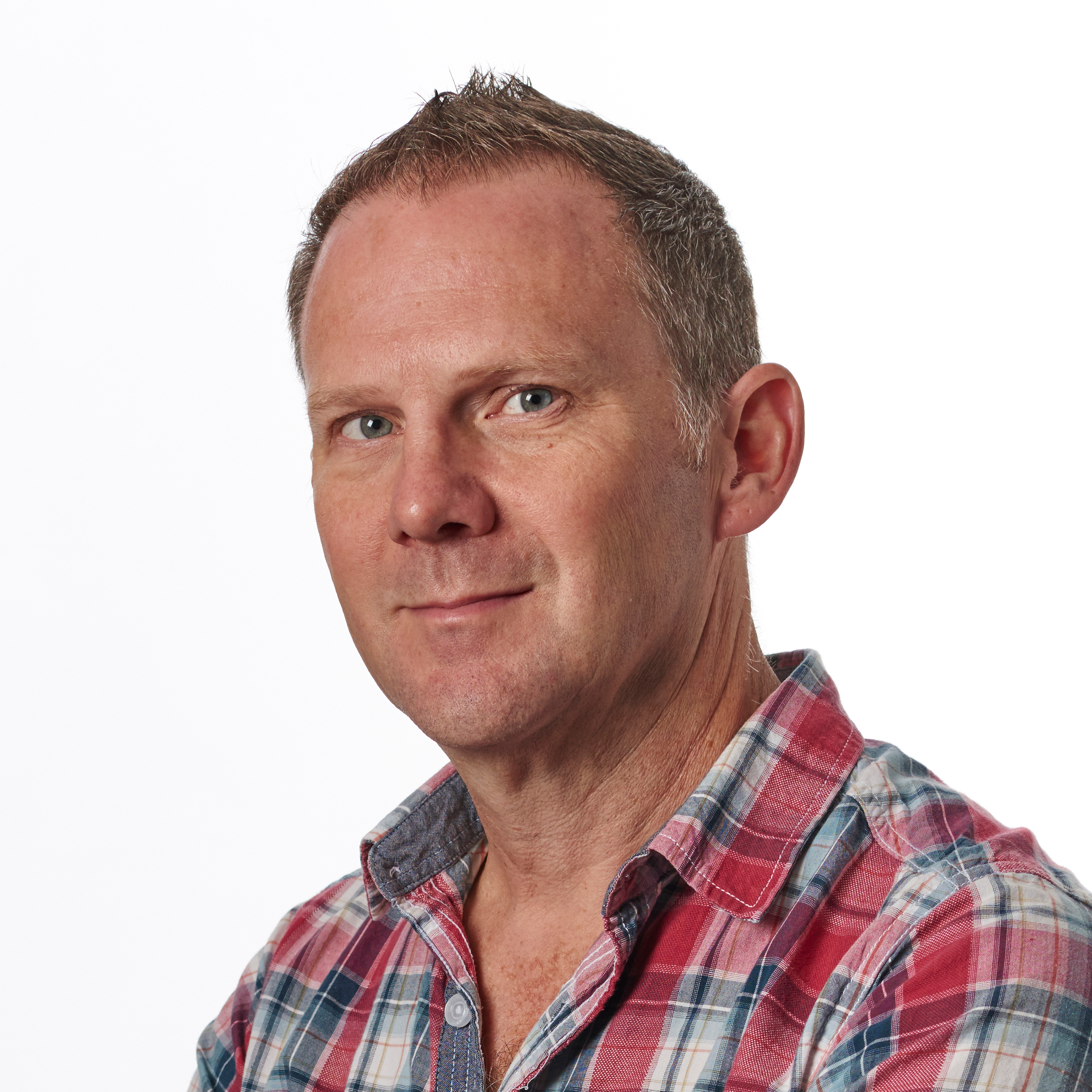Facebook's not-so-intelligent AI bans female photo charity Hundred Heroines
The inability of Facebook algorithm to differentiate between 'heroine' and 'heroin' seems to be behind the blacklisting

Female photography charity Hundred Heroines has been banned by Facebook for ten years for 'breaking community guidelines' in a seeming mixup due to the word heroine being mistaken for illegal opioid heroin.
The British charity aims to promote the achievement of women in photography, both pioneers from the past and contemporary female photographers, in what has often been a male-dominated pursuit. But it seems that Facebook's AI is the latest to conspire against the role of women in the field of photography.
Hundred Heroines founder Dr Del Barrett says there have been repeated attempts to speak to Facebook to resolve the issue but without success. Hundred Heroines stated "We've reluctantly accepted this setback and created a new page, HH Museum". It continues "Had we been named 'Hundred Heroes' and referencing male achievements, would we have faced this ban? Of course not. Does the future of our world depend on so-called 'intelligence' that cannot tell the difference between a woman admired for her outstanding achievements and an illegal substance? Let’s hope not…"
Hundred Heroines has set up a new Facebook page HH Museum as a temporary workaround, where you can discover more about its work promoting female photographers. The charity is still attempting to persuade the tech giant to restore its banned main page, which contains content that has been put together over many years. And you can, of course, go straight to the charity's website hundredheroines.org
Hundred Heroines was originally launched in 2018 to help mark the 100th anniversary of some British women first getting the vote. Starting with 100 names, the ongoing list now features 200 notable female photographers past and present.
Based in Nailsworth, Gloucestershire, UK, Hundred Heroines is now a contemporary museum, gallery and archive dedicated to women in photography. Admission to all exhibitions and participation in projects is free. Opening times are 11am-3pm Friday and Saturday, so why not check out its current Six Degrees of Separation exhibition?
Thanks to British Photo Historyfor alerting us to this developing story!
The best camera deals, reviews, product advice, and unmissable photography news, direct to your inbox!

Prior to joining digitalcameraworld.com as Guides Editor, Adam was the editor of N-Photo: The Nikon Magazine for seven years, and as such is one of Digital Camera World's leading experts when it comes to all things Nikon-related.
Whether it’s reviews and hands-on tests of the latest Nikon cameras and lenses, sharing his skills using filters, tripods, lighting, L brackets and other photography equipment, or trading tips and techniques on shooting landscapes, wildlife and almost any genre of photography, Adam is always on hand to provide his insights.
Prior to his tenure on N-Photo, Adam was also a veteran of publications such as PhotoPlus: The Canon Magazine, so his wealth of photographic knowledge isn’t solely limited to the Big N.
